A Surprising Herb Hack to Make Every Meal Nutrient-Dense
In today’s world of fad diets and constantly changing food trends, there’s one simple rule to follow for better health—make every meal nutrient-dense. Whether you’re looking to stay full longer, support cellular health, or manage conditions like high blood pressure, diabetes, or inflammation, nutrient-dense meals can make all the difference. And here’s the surprising part: one of the easiest ways to boost the nutrition of your meals lies in a humble kitchen staple—herbs!
What Does Nutrient-Dense Mean?
When we talk about nutrient-dense foods, we’re referring to meals packed with vitamins, minerals, good fats, fiber, and proteins that your body needs to function optimally. These nutrients feed your cells, support organ function, and keep your immune system balanced, all while reducing inflammation. The more nutrition your meal offers, the less likely you are to feel hungry between meals, meaning fewer cravings and snacks. But how do we achieve that? Enter dried and fresh herbs—a quick and affordable way to enhance the nutrient profile of any dish.
The Power of Herbs: Fresh or Dried
Herbs like oregano, thyme, rosemary, basil, parsley, and coriander are small but mighty in terms of nutrition. Whether fresh or dried, herbs are rich in trace minerals that promote cellular health, heart function, brain activity, and even organ detoxification. These also contain polyphenols, which are powerful antioxidants and anti-inflammatories that protect your body from oxidative stress.
In fact, many studies suggest that dried herbs retain their nutritional value as well as fresh herbs—and sometimes even better! So, no matter where you live or how much space you have, you can easily incorporate them into your meals.
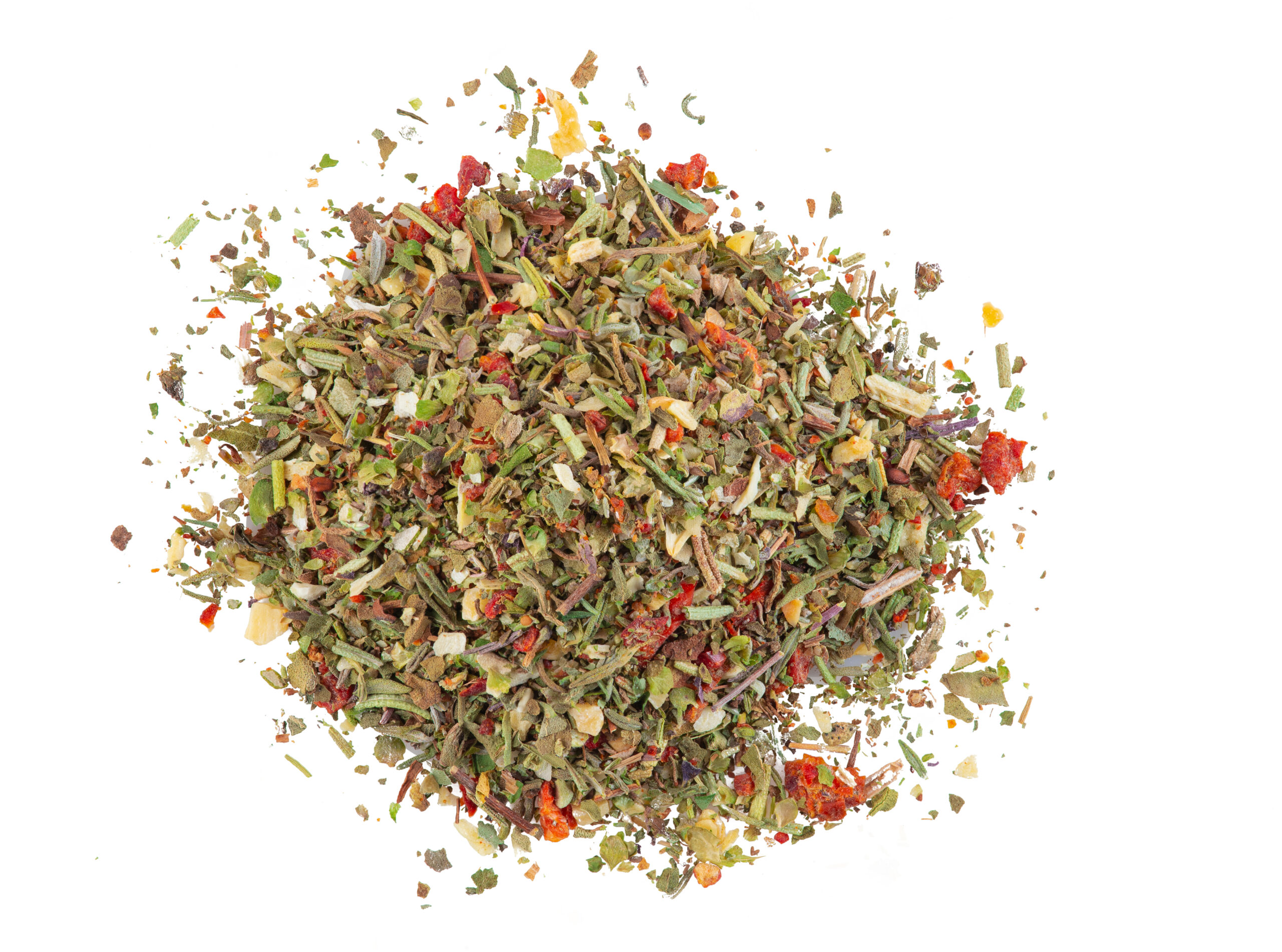
Easy Ways to Add Them to Your Meals
1. Eggs: Scrambled eggs can be a little bland on their own. Add a pinch of parsley, thyme, or oregano, and suddenly, you’ve taken a boring meal and turned it into a nutrient-packed breakfast.
2. Soups: Whether it’s a simple vegetable soup or something more complex, add basil, rosemary, and oregano bring a depth of flavor that’s hard to beat. Add seeds like pumpkin or sesame for an extra nutrient boost.
3. Salads: Salads can easily become nutrient-dense meals with the right ingredients. Add herbs, nuts, and seeds, along with protein sources like grilled chicken or paneer, to make it a complete, satisfying meal.
4. Marinating Meats: Rosemary and thyme, among others, are excellent for marinating meats. They not only add flavor but also help tenderize the meat while boosting the overall nutrient profile.
5. Indian Cuisine: In India, coriander and mint are staples in dishes like chutneys and dals. Adding fresh coriander to your curry or lentils brings a refreshing taste and loads of nutrition. These herbs are also excellent in homemade chutneys, which are perfect condiments for nutrient-packed snacks.
6. Vegetable Juices: Adding herbs to your vegetable juices—like a beetroot and carrot blend—can elevate both the flavor and nutritional value. A sprinkle of dried parsley or oregano will do wonders.
Why It Works
Herbs are not just about taste—they’re loaded with essential nutrients like vitamins A, C, and K, as well as minerals like calcium, magnesium, and potassium. They are also rich in fiber, helping with digestion and keeping you fuller for longer.
Herbs can also help you reduce snacking. Nutrient-dense meals, filled with fiber, protein, good fats, and herbs, help control hunger and reduce the need for unnecessary snacks throughout the day.
Herbs: The Secret Ingredient for Kids’ Meals
Getting children to eat vegetables can be a challenge, but herbs offer a clever workaround. Herbs not only enhance the flavor of food but also camouflage the taste of vegetables, making it easier for kids to enjoy their meals without even realizing they’re eating something healthy.
Simplicity is Key
In a world where diets and food choices seem overwhelmingly complicated, it’s essential to remember that simplicity is the new luxury. A few small jars of dried herbs can transform a meal’s nutritional value in seconds. And the best part? They’re affordable, last a long time, and are easy to store.
Next time you’re preparing a meal, think about how you can boost its nutrition. Sprinkle some dried or fresh herbs, add good fats like ghee or avocado oil, throw in seeds or nuts, and watch as your once simple dish transforms into a nutrient-dense powerhouse.
Incorporating herbs into your diet is an easy, delicious, and affordable way to take control of your health and make every bite count. Your body will thank you!
ALSO WATCH THIS
|
From a pimple to cancer, our You Care Wellness Program helps you find a way Talk to our integrative team of experts today 18001020253 |




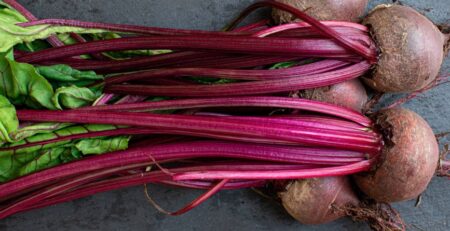

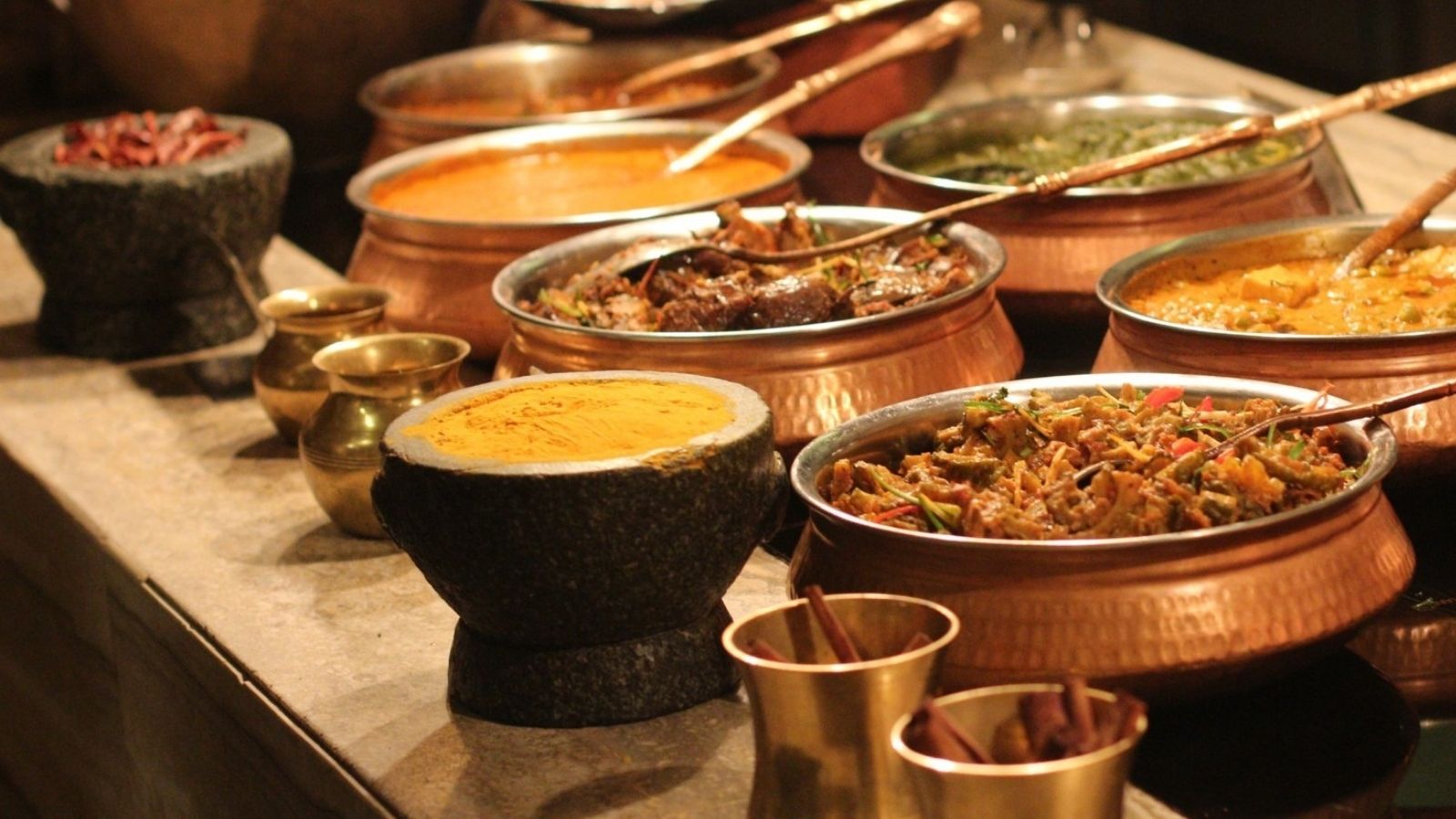
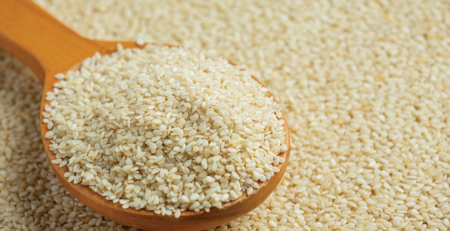
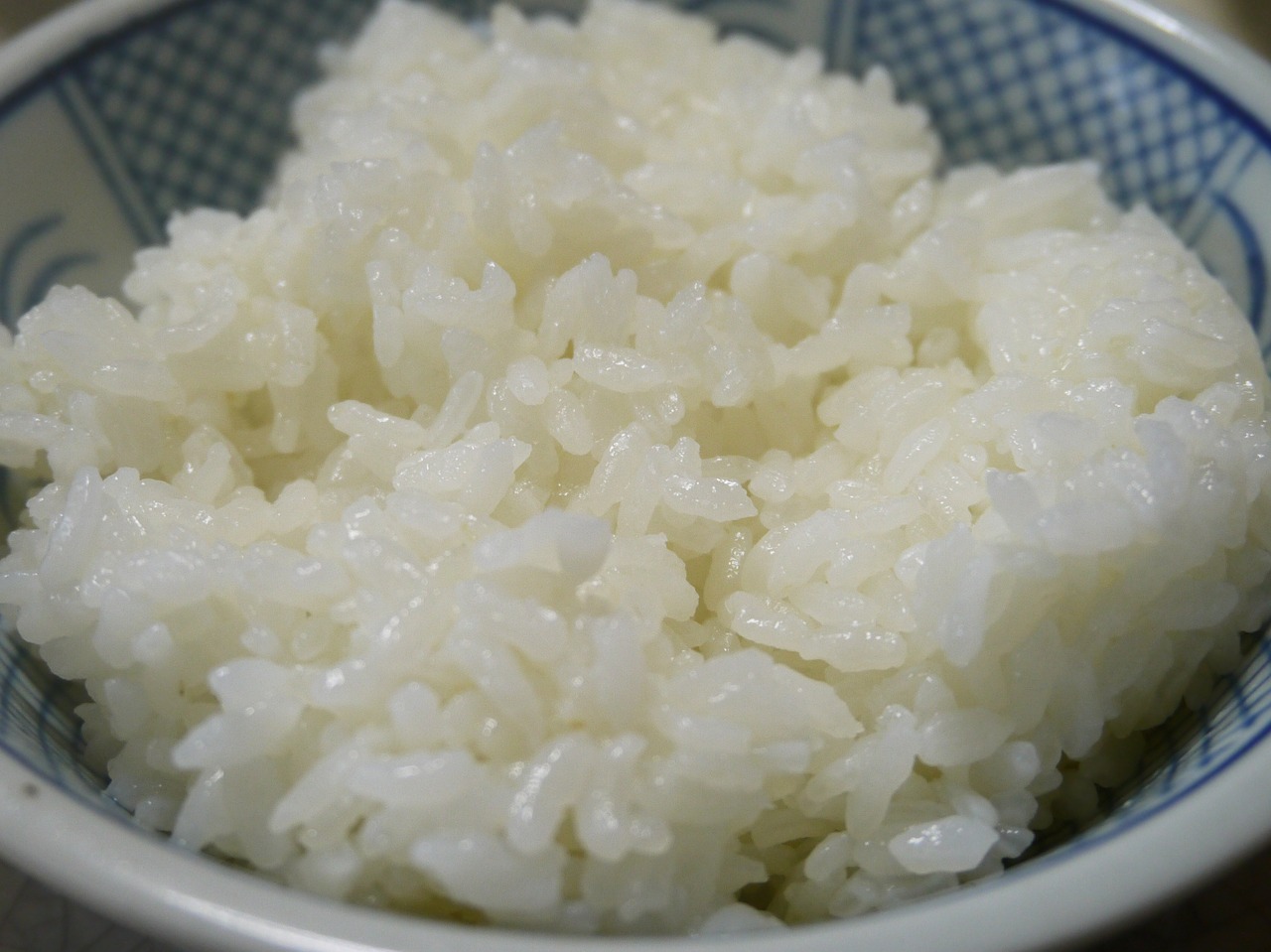
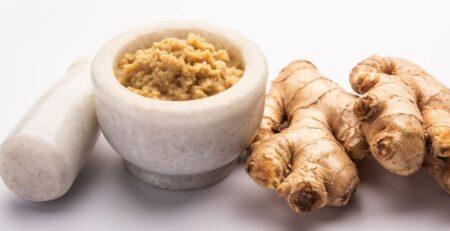
Leave a Reply